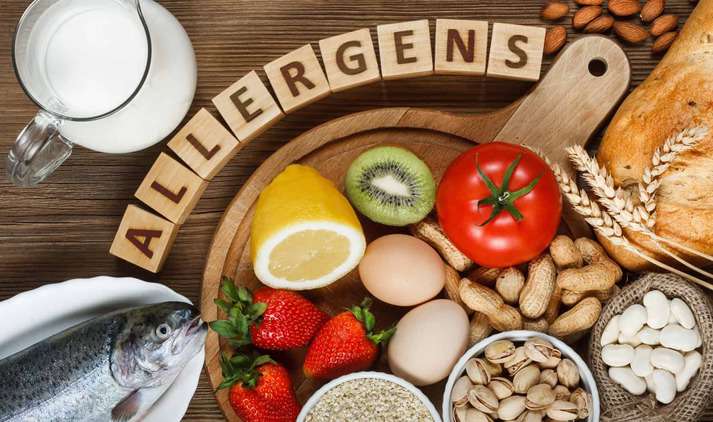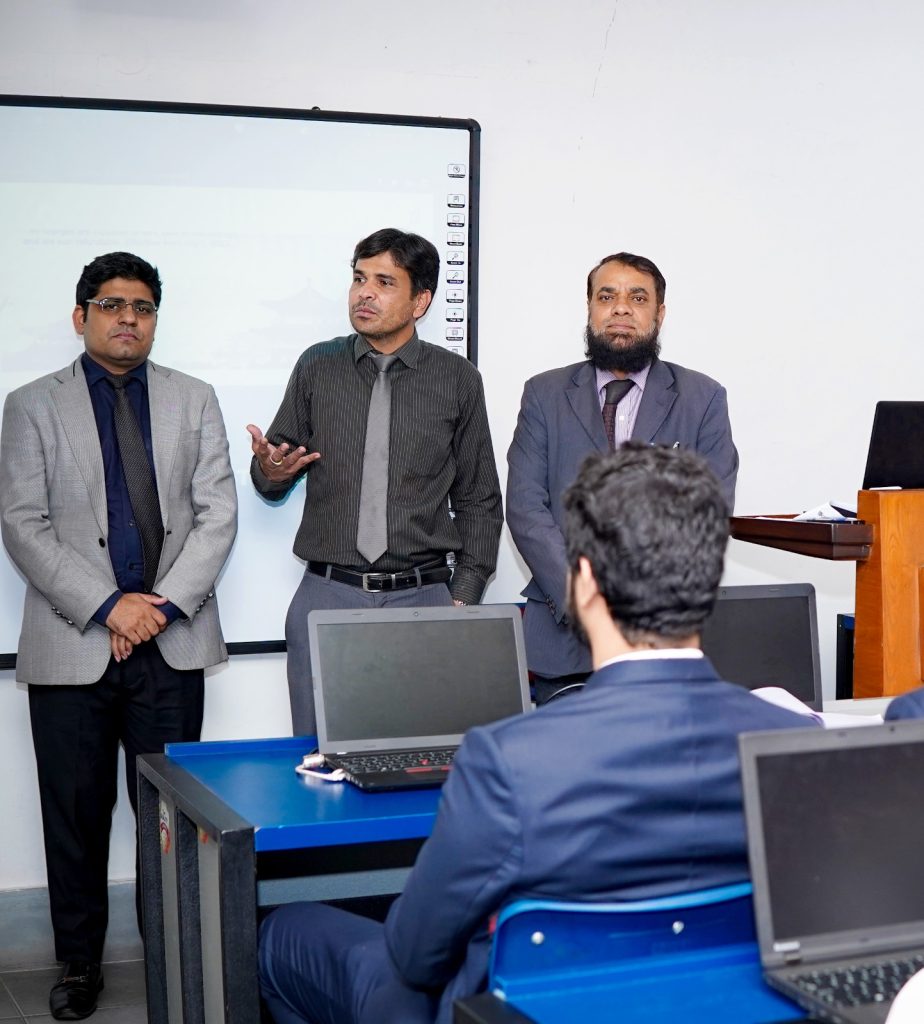By Talia Sultan (Nutritionist)
Talia sultan, a student of Human Nutrition & Dietetics at University of Veterinary & Animal Sciences (UVAS) Lahore, is an expert in diet planning and developing dietary guidelines for weight loss, weight gain. She demonstrates well on physical exercises to stay healthy. She loves to write articles on health, nutrition, fitness and beauty. She can be reached at taliya.foodsafety@gmail.com
The biggest challenge now a days is to have good knowledge about the details of food that we are consuming and selling every day. As food might harm us instead of nourishing us if the ingredients trigger our immune system negatively, I, as a nutritionist, firmly believe that food consumption must be safe and healthy. Some people might experience allergy from specific foods that are considered allergens for them and some may suffer from food intolerances. An allergen is a substance that causes an allergic reaction in our body. The immune system recognizes allergens as foreign or dangerous substances. As a result, the immune system reacts by making a type of antibody called IgE (immunoglobin E) to defend against that allergen. This reaction leads to allergy symptoms.
Symptoms of an allergic reaction include:
- Itching
- Watery eyes
- Itchy nose
- Sneezing
- Running nose
- Rashes
- Hives (a rash with raised red patches)
- Cramps
- Vomiting etc.
Common allergen ingredients include:
- Cow’s milk
- Eggs
- Tree nuts
- Peanuts
- Shellfish
- Fish
- Soy
- Wheat
To help people fight these allergens and get rid of them, I decided to spread awareness about allergens and its consequences. Initially, I just had an idea of allergens but a detailed qualification was my requirement. Many institutes were offering online courses on food allergens courses but I wanted a practical class for this and got a chance to attend an amazing workshop of Food Allergens at College of Tourism & Hotel Management (COTHM). This was a 3-days course with practical training to improve the recipe development skills of learners to prepare allergen free products for use effectively.
Food Allergen Awareness Qualifications (Level 2 & 3) on offer at COTHM
- Those who are eligible to attend these workshops can be university students, students of nutrition sciences, dietetics, food safety, food science and those who want to practice as allergists.
- This qualification is aimed at food handlers and other staff involved in food preparation and service who work within the catering industry.
- The objective of the qualification is to support a role in the workplace. It is designed to provide knowledge and understanding of food allergens and the foods commonly causing intolerances, their characteristics and effects. The course also effectively communicates information regarding allergenic ingredients to customers. It also tells how the staff of an eatery can minimize the risk of cross-contamination from allergenic ingredients.
- The opportunities you get after getting these certifications are jobs in allergen centers, and food designing and protocol companies. You can also get expertise in recipe development considering allergens as main factors. You may also have opportunities to become allergen inspectors, food safety officers, supervisors in food handling and QA/QC managers.
If you are already in food business and want to expand your professional horizons, ‘food allergens’ can be a wonderful thing to explore. This will not only upgrade your knowledge but also help you change your food business dynamics










